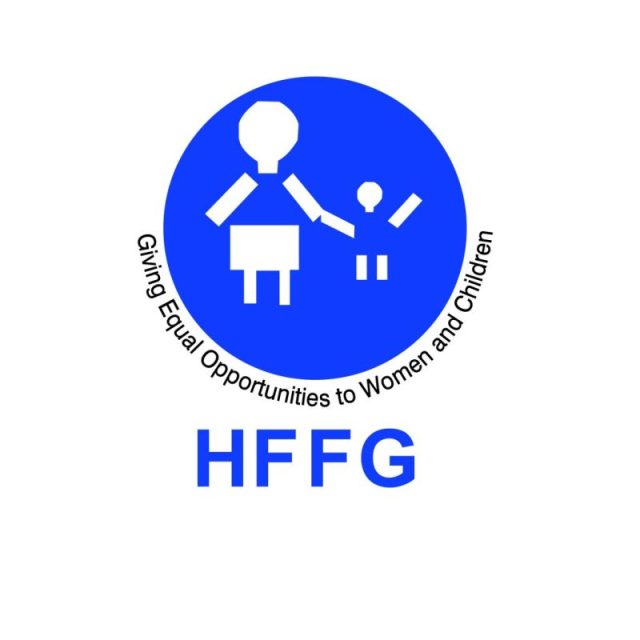By Hannah Dadzie
Ghana joins the global community to mark Immunization Week 2025 under the theme “Immunization for All is Humanly Possible.” Immunization remains one of the most impactful and cost-effective ways to protect public health. It plays a critical role in achieving herd immunity and preventing the spread of infectious diseases, including during pandemics.
As a preventive measure, immunization reduces long-term pressure on our healthcare system and ensures health and economic benefits for all. Between 2000 and 2003 alone, vaccines prevented over 18.8 million future deaths and generated over 250 billion US dollars in economic benefits in lower-income countries. For these reasons, sustained and equitable
financing for immunization must be treated as a national priority by any government committed to preserving the health and future of its citizens.
In a statement, Hope for Future Generations, HFFG, a non-governmental organization that seeks to improve the well-being and quality of life of beneficiaries and communities, said the government’s commitment to expanding health financing through an increased health budget, from GHS 15.6 billion in 2024 to GHS 17.8 billion in 2025, and the uncapping of the National Health Insurance Levy (NHIL) is commendable. However, it is calling on the government to match its intention with urgency by prioritizing the timely payment of Ghana’s vaccine co-financing obligation for this year, which is already delayed, to avoid stockouts and preventable disease outbreaks.
The statement added, that delays in co-financing payments threaten immunization gains made, with ripple effects on child welfare, public health security, and economic productivity. Also, stockouts compromise Ghana’s gains in vaccine-preventable disease control, reduce public trust in the health system, and can result in outbreaks of several diseases.
HFFG, indicated that although the 2025 health budget nominally increased by 13.4%, its real value dropped by 23% when adjusted for inflation, diminishing the purchasing power of the health budget allocations. Meanwhile, Ghana’s health budget allocation for 2025 at 6.32% of the national budget, falls short of the 15% Abuja Declaration (2001) benchmark, indicating continued underinvestment in the sector.
The organization said, with Gavi, the Vaccine Alliance, set to transition out by 2030, there is the urgency to build a sustainable and independent immunization financing system. It therefore urged the government to act now.
HFFG and partners are calling for the following:
- Immediate Release of the 2025 Co-financing Funds
Ghana must fulfill its already-delayed 2025 vaccine co-financing obligations to prevent imminent stockouts. Any further delay risks interrupting routine immunization services, leaving millions of children vulnerable to preventable diseases. - Align Budget with Abuja Declaration (2001) Commitments
Increase health sector allocation progressively to at least 15% of the total national budget as per the Abuja Declaration. This will ensure sufficient funding for Primary Health Care (PHC) and critical immunization services.
- Introduce Advance Purchase Agreements
The GOG must make a yearly advance payment to ensure the availability of vaccines and the avoidance of stockouts. This is similar to strategies implemented in other countries, where a one-year advance procurement of vaccines is secured.
- Establish a Dedicated Emergency Preparedness Fund
Immunization alone cannot address all epidemic threats. New diseases such as drug-resistant meningitis strains demand swift, resource-intensive responses. Ghana needs a ring-fenced emergency preparedness fund to support surveillance, health system resilience, and rapid outbreak preparedness and response, which includes vaccination as a component
HFFG reiterated its commitment to collaborating with the government and other stakeholders to ensure equitable health financing and uninterrupted access to essential health services for all Ghanaians. The organization is urging policymakers to take swift action to address these critical funding gaps and safeguard the health and well-being of the nation’s citizens.








![“I made Shatta Wale who he is today” – Singer Kay Smooth alleges [Video]](https://ghananewss.com/storage/2023/04/Kay-Smooth-Shatta-Wale-100x75.jpeg)

![Mr Logic’s Red Panther record label officially signs two Afro-dancehall artistes[Video]](https://ghananewss.com/storage/2023/05/Mr-Logic-signs--100x75.jpeg)





